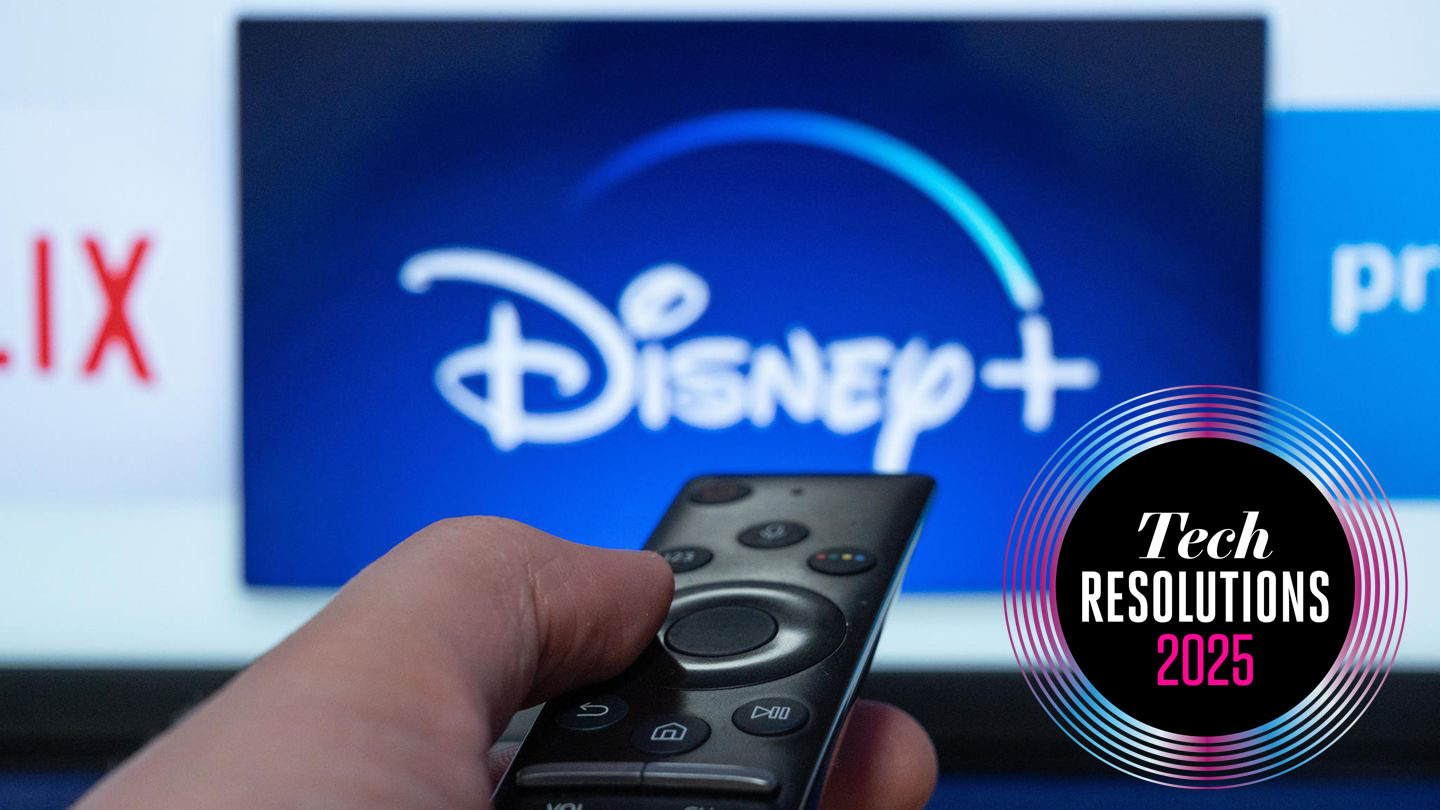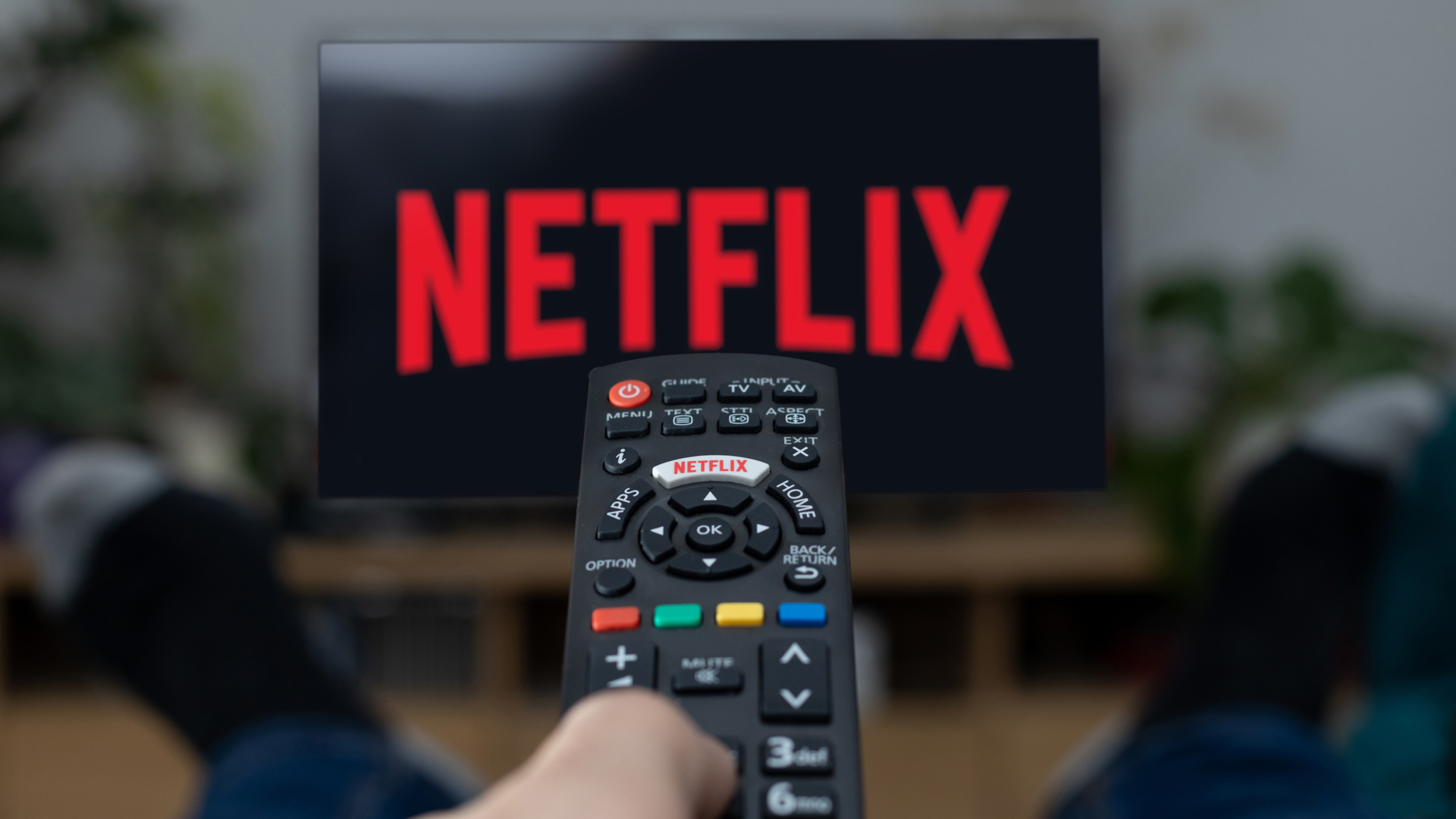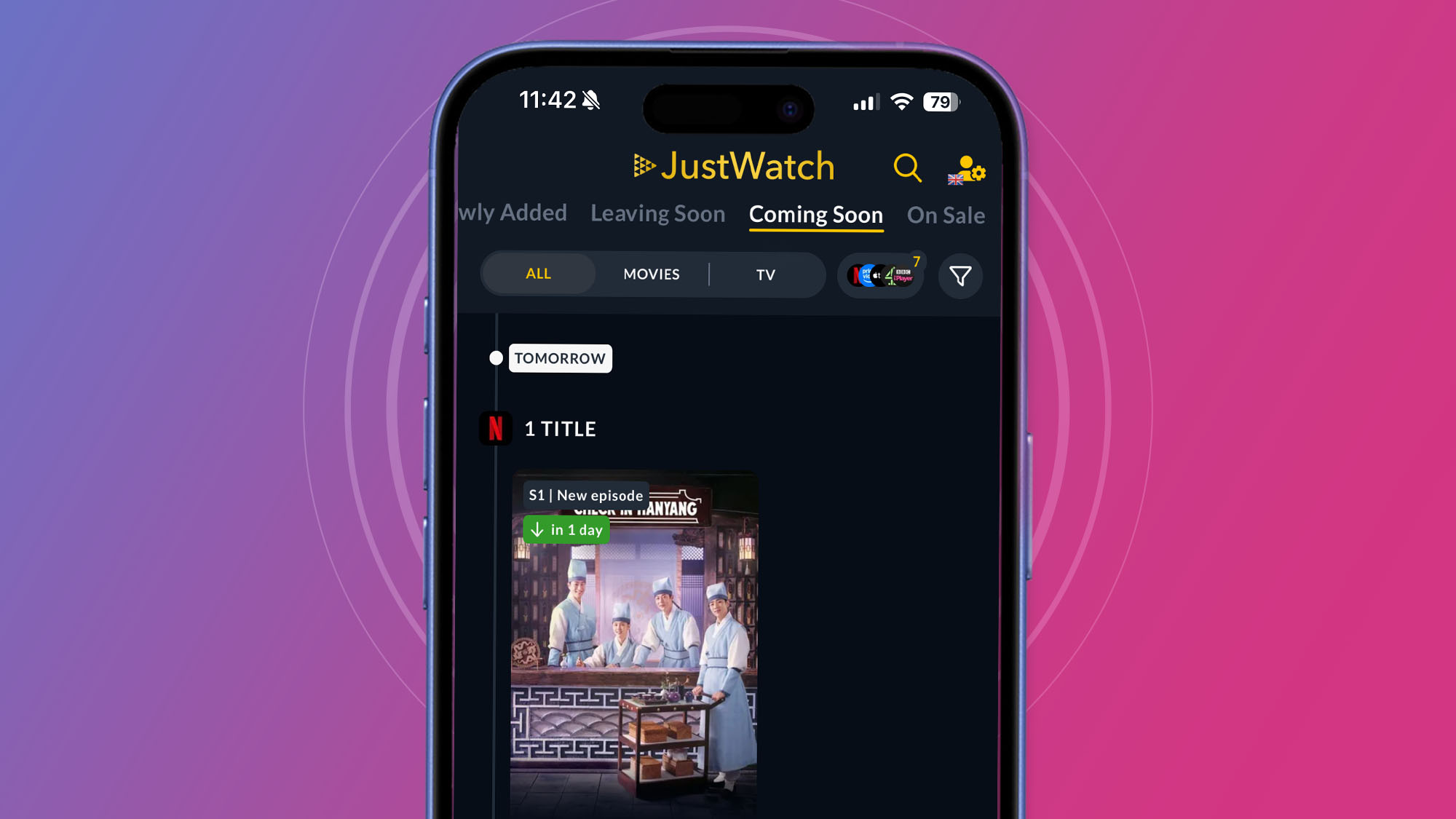
The first time I used Netflix back in 2012, it blew my mind. A seemingly endless selection of films and TV shows, instantly available, for just $7.99 / £5.99 / AU$8.99 a month in one Netflix plan? Hell yes. This was the future. I was all-in.
Sadly, today the ruthless scythe of capitalism and shareholder-driven profit margins have ruined the party for us consumers. Today, I’m paying a comparatively eye-watering $22.99 / £17.99 / AU$25.99 a month for Netflix alone, not to mention the other best streaming service subscriptions for Disney Plus, Apple TV, and Amazon Prime Video.
I know there are cheaper packages with fewer devices, lower resolutions, or ads available, but it’s the principle. After countless price hikes over the past few years, combined with the absolute insult of seeing disruptive ads on paid for services like Prime Video, I’ve had enough.
Instead of paying for all of them at once and facing the ever-increasing monthly costs, I’ve decided that I’m simply going to strategically hop between them all in 2025 instead. The increasingly popular practice of 'subscription hopping' involves pausing or cancelling and re-subscribing to services as I see fit, depending on what shows and films my family and I want to prioritize watching each month.
Here’s how I plan on doing it; You’re more than welcome to join me in 2025 – vive la (streaming) révolution.
What is subscription hopping?
It might sound like a new viral TikTok dance (and for all I know, it might be), but subscription hopping is the practice of strategically rotating your streaming services throughout the year, rather than staying subscribed to multiple platforms simultaneously.

The concept is simple – focus on one or two streaming services at a time, gorge yourself on its best content until you’re satiated, then cancel your subscription before moving on to another streaming service’s entertainment menu. Delicious.
How to do it
Subscription hopping sounds simple – and it is, for the most part. The key to successful subscription hopping in 2025 is – as with most things in life – careful planning.
You'll need to keep track of release dates for any upcoming must-watch content, like the best Netflix movies and best Prime Video movies, and be prepared to make some tough choices about what to watch and when, especially if you’ve set yourself any limits about how many maximum services you’ll want to have at any one time. Fortunately, we've done a lot of the heavy lifting for you below.

The best way to go about this is to spend some time each month looking ahead at what’s coming up. Here on TechRadar we regularly round up the top releases on the likes of Netflix by month (just look at what's coming to Netflix or Hulu in January 2025) – and have made you a cheat sheet for early 2025 below. Do this for all the services, jot down what you’re most looking forward to seeing, and then decide which ones you’d like to prioritize.

1. Cancel immediately after subscribing
This is very important – you’ll want to set yourself cancellation reminders to ensure you don’t accidentally auto-renew any subscriptions. If you definitely know you’re only going for one month with a streaming service, same-day cancellation is a great way to ensure that you’re not caught out paying for another month you never wanted in the first place. You'll still have access for the full month, but won't risk forgetting and being charged again. Win-win.
2. Track release schedules: One of the easiest ways to track release schedules during the planning process is to use JustWatch, rather than searching for each streaming service’s releases individually. We're also fans of planning our TV watching using the Marathon app.
3. Look for bundle deals
Mobile providers are increasingly offering streaming subscriptions as part of their packages. Check what your current provider offers before paying separately. The same goes for services like Sky in the UK, which offers a bundled Netflix package that’s cheaper than subscribing separately. Make sure to also scan the best streaming deals to pick up a saving.
As long as you don’t mind watching a few things a month or so later, this tactic will save you an absolute bundle of cash (jump to the end of this page to find out exactly how much). You might sometimes face tough decisions (especially if there’s a show coming out that you don’t want to miss the real-time hype on), so choose whatever you think is best.
There’s no set limit on how many services you should limit yourself to either. The hardcore method is, of course, just one service at a time, but there’s nothing stopping you from two or three a month, depending on your budget/needs. You can always have heavier months with multiple subscriptions too, and lighter months during content droughts or when you’re away on holiday. The power is all in your hands.
As for my personal tactics over the next few months, I’ve looked ahead at some of the major streaming service releases in January and February. There’s not much on Prime that’s drawing me in, but Severance season two and Killers of The Flower Moon are two heavy hitters, singing their sweet siren song over from the Apple TV Plus waters. Tempting as they are though, Castlevania: Nocturne easily trumps them both, at least for me. I’ve been eagerly awaiting its release ever since I binged the last season immediately after its release, so it’s definitely my priority when the New Year rolls around. Severance and co. can wait till February in my case.
This, in fact, works out rather nicely for me, because while there are a few temptations on Apple TV Plus, Netflix, and Prime Video in February (Earthsounds, and The Witcher: Sirens of the Deep in particular sound great), I’m blocking February out for Apple TV Plus to enjoy Severance and Killers of the Flower Moon instead.
Carry out a similar vetting process every month or so, and you’ll be set for a year of beautifully prioritized, more affordable home entertainment.
Our 2025 cheat sheet
Of course, your tastes may well vary from mine, so here's a handy guide to some of the best new shows that are landing on Netflix, Prime Video, Disney Plus and Apple TV Plus in the next few months.
Seasonal binging
Another great tactic for subscription hopping in 2025, is to time your subscriptions around major events. Parents will absolutely want to make sure that Disney Plus subscriptions are active during school holidays and Christmas, for obvious reasons.
If you’re a regular Amazon shopper, then it also makes sense to time your subscription around key shopping events like Amazon’s summer Prime Day sales, and Black Friday streaming deals, which will unlock the retail giant’s best savings and free super-speedy delivery.
If you’re away for a long holiday over the summer, it’s also worth considering whether you need any streaming services at all. Who needs Hollywood when you’re traversing the majesty of nature?
Ultimately though, there’s no right or wrong way to go about it, and you’ll soon figure out the best tactics for your needs. I believe in you.
How much can you actually save?
The exact amount you’ll save varies depending on your current setup and needs, but here’s an example of how much I’m set to save by being more selective with which services I sign up for:
My current monthly costs in the UK are:
- Netflix Premium: £17.99
- Disney+ Premium: £12.99
- Apple TV+: £8.99
- Prime Video: £8.99
- Total: £48.96 monthly (£587.52 yearly, or around $737 / AU$1,180)
With my strategic subscription hopping plan in 2025 this will come down to:
- One service per month for 12 months (average cost £12.24): £146.88
- Two months of overlapping services during peak seasons (additional £12.24 per month): £24.48
- Total cost with subscription hopping: £171.36 yearly
- Total savings: £416.16 or around $520 / $835), which is 71% cheaper
Even without taking any breaks from streaming, and allowing for two months where we might double up on services, my household is still looking at a massive saving of over £400 / $500 / AU$800 per year.
I could go on, but, this is as perfect a mic drop moment as I’m ever going to get. Happy savings.







